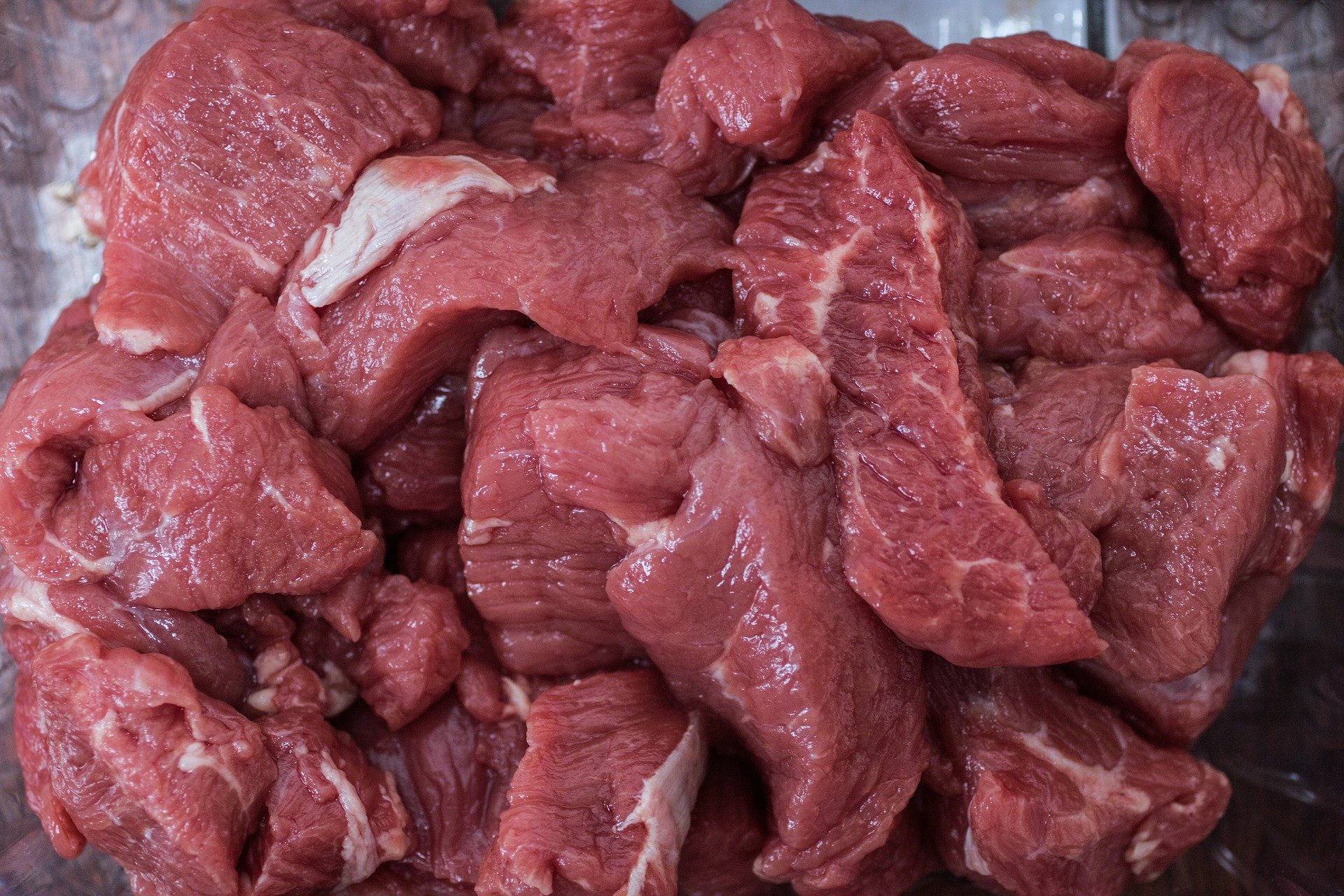Red meat linked to higher colon cancer risk: study
Tue 03 Apr 2018, 13:37:04

Having a diet free from red meat can help women reduce the risk of a type of colon cancer, suggests new research.
"The impact of different types of red meat and dietary patterns on cancer locations is one of the biggest challenges in the study of diet and colorectal cancer," said lead author of the study Diego Rada Fernandez de Jauregui from the University of Leeds in Britain.
"Our research is one of the few studies looking at this relationship and while further analysis in a larger study is needed, it could provide valuable information for those with a family history of colorectal cancer and those working on prevention," he said.
The findings, published in the International Journal of Cancer, showed that those regularly eating red meat compared to a red meat-free diet had
higher rates of distal colon cancer -- cancer found on the descending section of the colon, where faeces is stored.
higher rates of distal colon cancer -- cancer found on the descending section of the colon, where faeces is stored.
The study used data from the United Kingdom Women's Cohort Study. This cohort included a total of 32,147 women from England, Wales and Scotland.
"Our study not only helps shed light on how meat consumption may affect the sections of the colorectum differently, it emphasises the importance of reliable dietary reporting from large groups of people," said study co-author Janet Cade, Professor at the University of Leeds.
Previous studies have blamed several factors for the link between red meat and colon cancer, including on chemicals produced when meat is cooked at high temperatures and on preservatives such as nitrates used in processed meats.
No Comments For This Post, Be first to write a Comment.
Most viewed from Health
AIMIM News
Latest Urdu News
Most Viewed
May 26, 2020
Do you think Canada-India relations will improve under New PM Mark Carney?
Latest Videos View All
Like Us
Home
About Us
Advertise With Us
All Polls
Epaper Archives
Privacy Policy
Contact Us
Download Etemaad App
© 2025 Etemaad Daily News, All Rights Reserved.






























